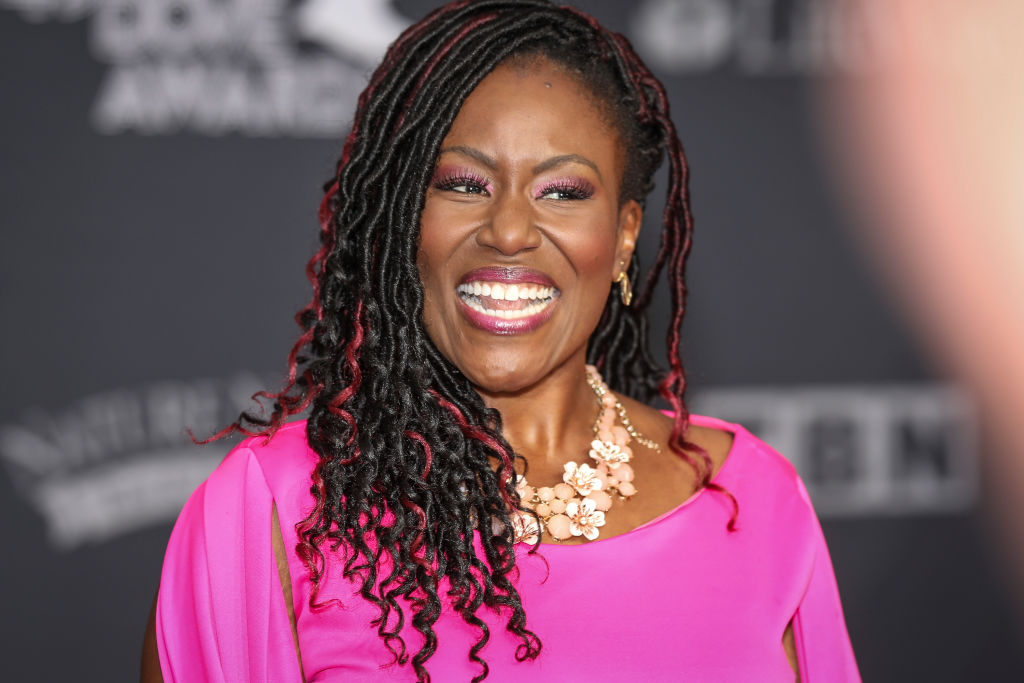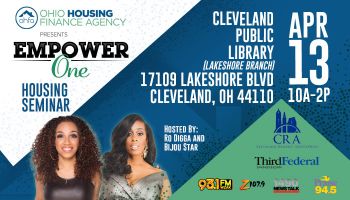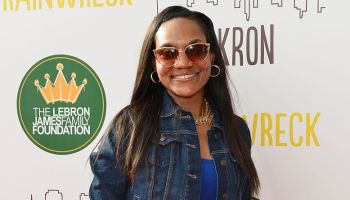Forty-two percent of black adults have never been married, compared with just 26 percent of all American adults. By the time most black Americans reach their early 30s, half have never married, compared with 31 percent or less for other racial and ethnic groups.
The news is especially depressing for black women.
Black women ages 35 to 44 are the only group of American women of child-bearing age with lower rates of marriage than men of the same race or ethnicity, according the U.S. Census Bureau. By their early 40s, 31 percent of black women have never been married, compared to 9 percent of white women, 11 percent of Asian women and 12 percent of Hispanic women.
What was once considered a badge of honor among the enslaved and formerly enslaved who looked for ways around laws that prohibited them from establishing formal family ties, marriage has become an option that many African Americans have decided to pass up.
For generations, marriage was a privilege.
“Because free consent — the mark of a free person — was at the core of the matrimonial contract, slaves could not enter into valid marriages. Considered property by law, slaves lacked basic civil rights, including the essential capacity to consent. Furthermore, marriage obliged those undertaking it to fulfill certain duties defined by the state, and a slave’s prior and overriding obligation of service to the master made carrying out the duties of marriage impossible,” Nancy F. Cott wrote in a report for a lawsuit that addressed whether gay marriage should be allowed.
Cott’s report, an excerpt of which was published in the Boston Review, examined the history of marriage in the United States and how it was determined who would be allowed to marry and why.
Looking at the treatment of black Americans, Cott pointed out, it was clear the privilege of marriage could be granted and taken away arbitrarily.
“Where slaveholders permitted, slave couples often wed informally, creating family units of consoling value to themselves. But slaveholders could break up those unions with impunity. Slave marriages received no defense from state governments,” Cott wrote.
After emancipation, she said, former slaves rushed to get married because they saw marriage as an expression of rights long denied them, and being legally married affirmed their right to consent to their living arrangements.
Still, the right to marry wasn’t always guaranteed. After the Freedman’s Bureau went away, some Southern white officials refused to grant African-Americans marriage licenses or charged prohibitive fees for them.
Worse still, some authorities parsed marriage law to find minor infractions under which they could prosecute African-Americans.
By 1963, 70 percent of black families were headed by married couples. By 2002, it was 48 percent.
What’s behind it? Is it economic issues, incarceration rates, the increasing number of black women getting college degrees compared to black men? Does any of that mean black marriage is obsolete?
“The obsolescence usually comes from individuals – not the race,” said Julia Hare, Ph.D., motivational speaker and national executive director of The Black Think Tank, which focuses on issues affecting the black family.
People are swayed by a number of things, she said, including the media, into thinking their perfect mate will look a certain way, have a certain type of job, make a certain amount of money and anything short of that is not marriageable material.
“I had a woman tell me, ‘I don’t want to marry a laborer. I’m an educated woman. I think I should marry a man who carries a briefcase.’ And I told her, ‘He may carry a briefcase, but it may not have anything …..

















